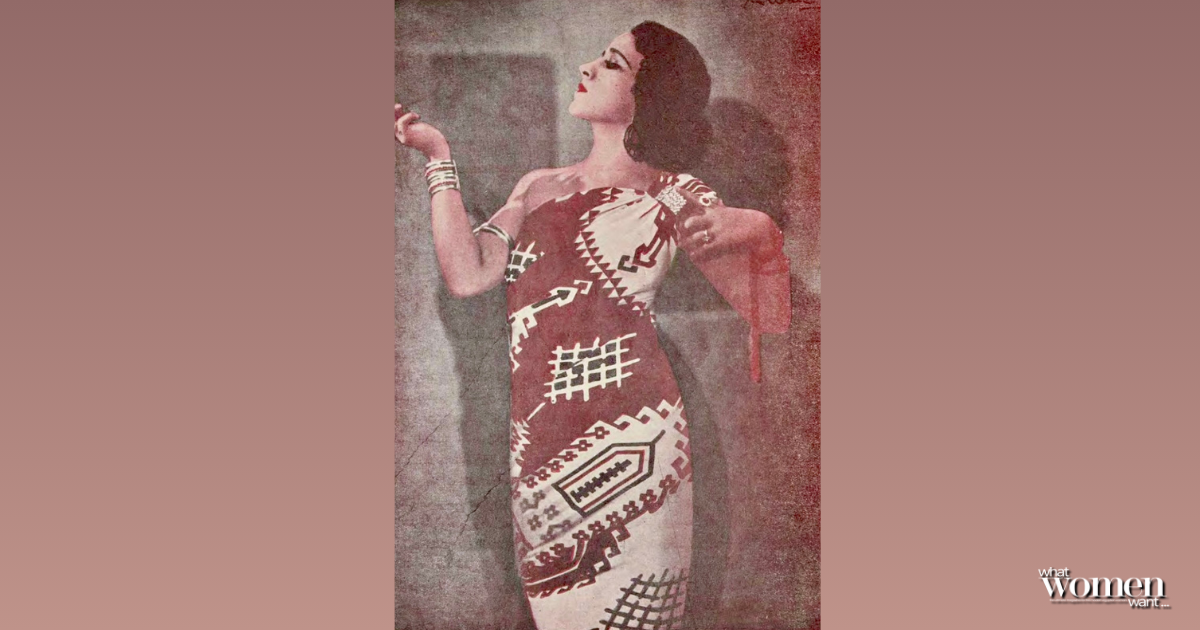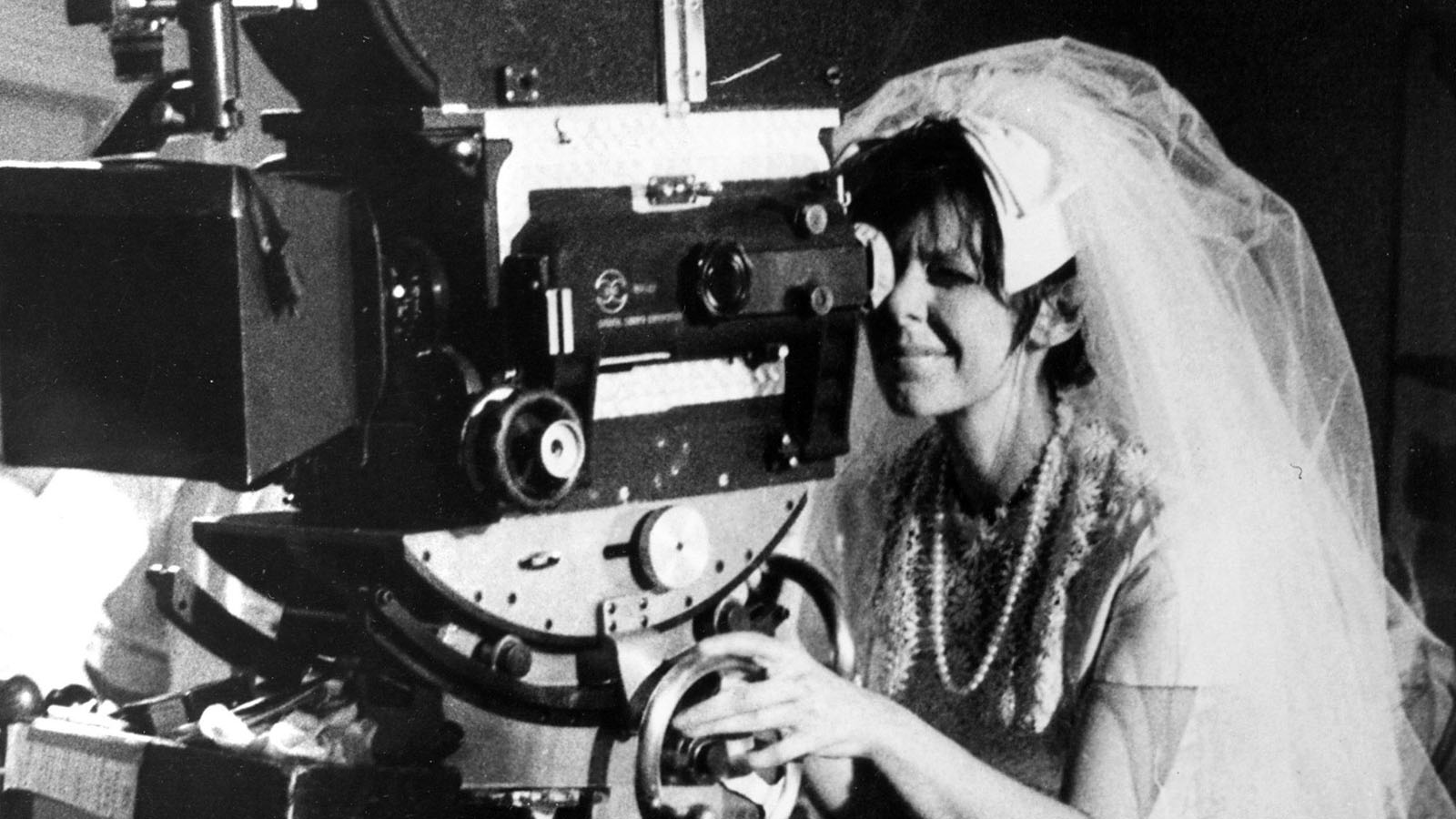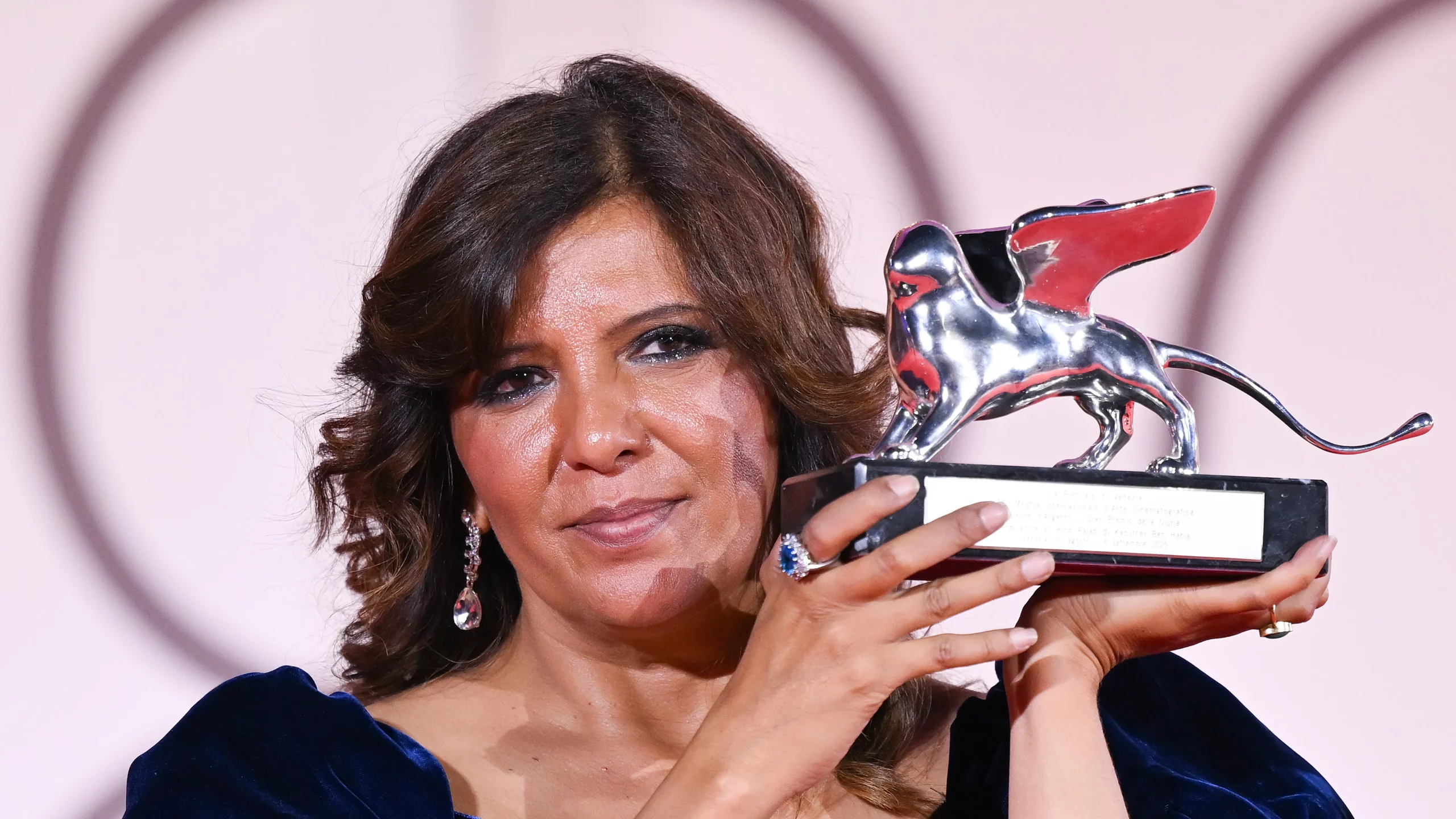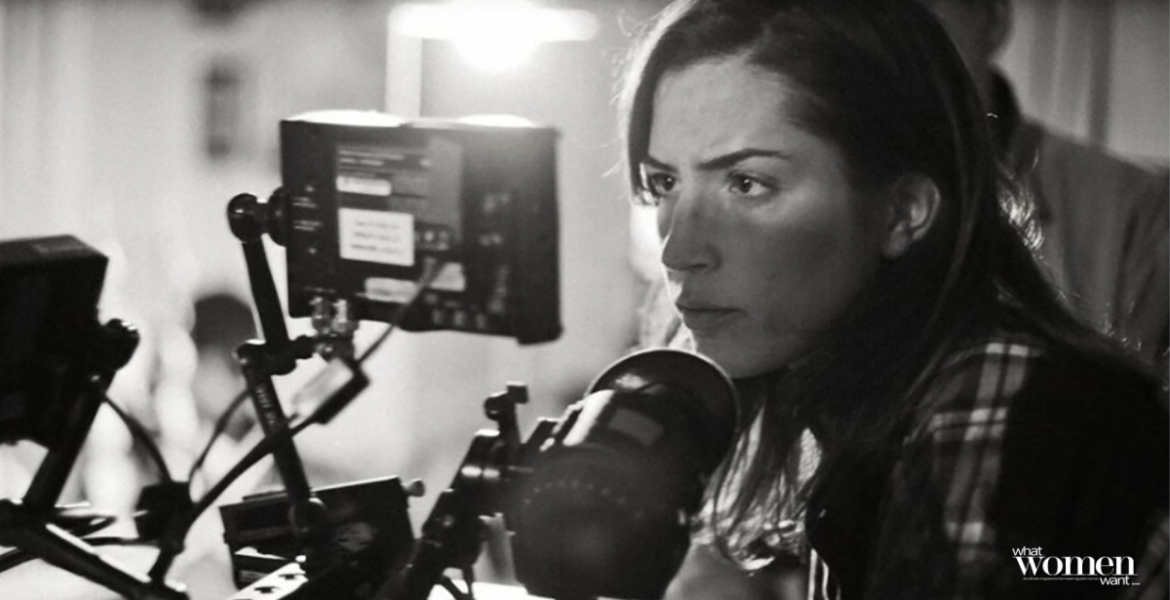The rising frame: Arab women in cinema. Arab women have been contributing to cinema since the very beginning, creating history by doing so. Dating back to the 1920s and 1930s, women used to direct their own movies in the age of silent cinema. Nadine Labaki, Kaouther Ben Hania, and Nadine Khan are among the most famous Arab women directors right now who are sharing important stories we want to see on screen.
History of Arab Women Filmmaking

Women have contributed to filmmaking throughout history in the Arab world. Their contributions date back to the 1920s and 1930s. In the age of silent cinema, Arab women notably started creating their own films. Many women then took it upon themselves to play every role in their projects to be able to share them with the public, like writing, directing, producing, and starring. These women challenged many social norms at the time.
Cinema started in Egypt in the 1920s. In 1927, producer Aziza Amir created the first studio in Egypt, Heliopsis Studio, and produced the first-ever Egyptian feature film, Laila. Soon followed her, Bahiga Hafez, a producer and director. She created Fanar Film company and produced the film under the production of Al-Dahaya. These are two of the most prominent women, who we are grateful for to this day, who played a major role in jump-starting the role of women in cinema in Egypt, which opened many opportunities for women producers, directors, and actresses to pursue their dreams.
Why We Like Movies Made by Women
 Women filmmakers consistently bring a more realistic and emotional touch to their movies, whether it’s the characters or the plot. Particularly, they excel at creating complex characters with depth. They don’t shy away from showing their character’s flaws and messiness, portraying their battle to be better, working on things, and never giving up. For instance, the protagonist can be a strong-willed girlboss in her work, while having a soft side in her personal life. More often than not, we can relate to their characters, whether they are male or female, portraying real people.
Women filmmakers consistently bring a more realistic and emotional touch to their movies, whether it’s the characters or the plot. Particularly, they excel at creating complex characters with depth. They don’t shy away from showing their character’s flaws and messiness, portraying their battle to be better, working on things, and never giving up. For instance, the protagonist can be a strong-willed girlboss in her work, while having a soft side in her personal life. More often than not, we can relate to their characters, whether they are male or female, portraying real people.
Many films made by women tend to achieve gender equality, challenging many misconceptions about women in different cultures. Moreover, they portray different women of color, nationalities, ethnicities, and appearances.
There is a touch of femininity we all love to see in women’s filmmaking, like in rom-com films with their fashion and iconic makeover scenes. They include more raw human emotions. Moreover, they add male characters, adding a sense of sensitivity, vulnerability, and love towards women that we all want to see portrayed on screen and in real life.
The Rise of Female Filmmakers in the Arab World

Now, many female Arab emerging filmmakers are bringing many fresh stories to the screen, challenging norms and creating complex stories that we want to see presented, through fiction and documentaries. Many of these female filmmakers are introducing something new in their movies; their personality and cinematic view shine through. They show women as the main characters, not just as secondary characters. We’re seeing more support to show films made by women in festivals all over the world. Ensuring diversity in narratives and gender equality.
Examples of Filmmakers in the Arab World

Some of the pioneers of female Arab filmmaking who are making a change in the filmmaking industry are Nadine Labaki, Kaouther Ben Hania, and Nadine Khan.
For starters, Nadine Labaki is a Lebanese actress, screenwriter, and director. Her debut film, Caramel, showed a side of Beirut many of us don’t see often. She is the first-ever female Arab director to be nominated for an Oscar for her third directional film, Capernaum.
Secondly, Kaouther Ben Hania, a Tunisian director who confronts the socio-political order and the injustices present in the world. Her films always earn international acclaim. She has two Oscar nominations, one for her Four Daughters and The Man Who Sold His Skin.
Her latest film, The Voice of Hind Rajab, is a docu-drama film that follows the killing of Hind Rajab, a five-year-old Palestinian girl who lived in Gaza. It discusses a real story from the heart of Gaza, a story that has to be shared. It premiered at the Venice International Film Festival, where it won the Grand Jury Prize.
Lastly, the Egyptian director, Nadine Khan known for her contributions to contemporary cinema. Her debut feature film Chaos, Disorder won the Jury Prize at the Dubai International Film Festival 2012. She is popular for directing Saabe’ Gaar (Seventh Neighbor), breaking many stereotypes and pushing many barriers.
Support for Female Filmmakers
Many festivals and places are now recognizing the amazing perspective women are adding to filmmaking. Some examples of this are the joint program between the Arab Fund for Arts and Culture (AFAC) and Netflix Women in Film – Bring Your Story to Life. The program showcased five short films by young Arab women from Egypt, Saudi Arabia, Jordan, the United Arab Emirates, and Kuwait. Furthermore, Amal Ramsis provides a place for women’s films to be presented. Moreover, She created the International Women’s Film Festival, the first annual women’s film festival in the Arab world. As well as creating “The Between Women Filmmakers Caravan”, giving space for women to practice filmmaking.
We have to continue supporting women filmmakers worldwide. To hear different perspectives from different people, countries, and cultures, especially Arab women, as we have many stories that people don’t know about. Places and festivals like the Gouna Film Festival, the Red Sea International Film Festival, and the Cannes Film Festival contribute to this.

